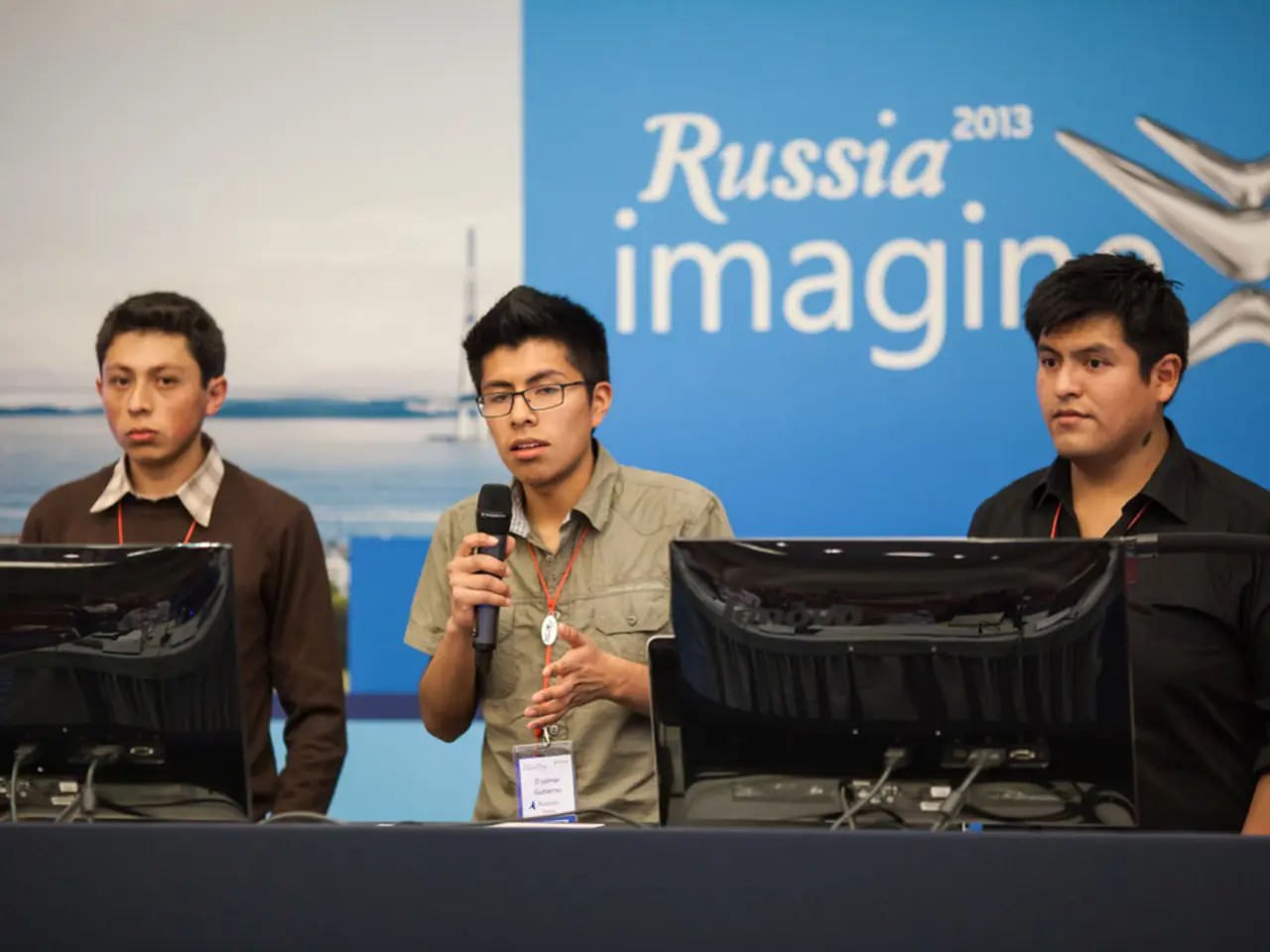Luxury electric sedan from Volvo encounters problems
Volvo Cars has unveiled its latest offering, the ES90, a flagship battery-electric luxury sedan. However, the company is facing significant challenges in the North American market due to import tariffs.
The ES90 is produced at Geely's plant in Cixi, Zhejiang, China. However, the U.S. imposes a 100% tariff on Chinese-made battery electric vehicles (BEVs), which prevents Volvo from selling the ES90 in the United States. This tariff, along with tariffs on key EV components, has led to increased costs and supply chain pressures in the North American EV market.
In contrast, the European Union has implemented countervailing duties that vary by company depending on their subsidy support, creating tiers of cooperating companies with lower tariffs and non-cooperating companies facing higher rates. Despite these tariffs, the ES90 will enter most European markets later this year with a starting price of €71,000 ($82,900).
Fredrik Hansson, chief financial officer at Volvo Cars, stated that these market developments, import tariffs, and strategic investment prioritizations have led to a lower than planned lifecycle profitability for the ES90 and another model. Volvo Cars has announced a SEK 11.4 billion non-cash impairment charge due to launch delays for the EX90, import tariffs in the U.S. and Canada, and EU tariffs on Chinese BEVs.
Despite these challenges, Volvo Cars goes above and beyond existing legislation and has clear ambitions regarding sustainability. The ES90 is built with bio-based materials such as real, FSC-certified wood in the cabin, and uses recycled materials in its construction, including PET bottles and bio-attributed materials. The ES90's carbon footprint is about half that of the Volvo S90 mild hybrid model and is also 30% lower than that for the Volvo plug-in hybrid S90.
One of the unique features of the ES90 is its world-first battery passport, a blockchain-based technology that tracks the origin of raw materials and the battery's health. This technology allows Volvo to ensure transparency and traceability in the supply chain, which is crucial for maintaining the company's high sustainability standards.
In summary, the ES90 is a testament to Volvo's commitment to sustainability and innovation. However, the significant tariffs imposed by the U.S. and Canada present a significant challenge to the profitability of the ES90 in North America. While the ES90 will be available in Europe, it will still face some cost challenges due to the EU's tiered tariffs on Chinese EVs. Despite these challenges, Volvo remains optimistic about the future of electric vehicles and its role in shaping a more sustainable future.
[1] International Council on Clean Transportation [2] BloombergNEF [3] U.S. International Trade Commission
- In contrast to the United States, the European Union has implemented a system of varied countervailing duties on EVs, creating a tiered structure for companies based on their subsidy support.
- Despite the challenges posed by import tariffs in the North American and European markets, Volvo Cars remains optimistic about the future of electric vehicles and its role in promoting a more sustainable transportation industry, with support from organizations like the International Council on Clean Transportation and BloombergNEF.




